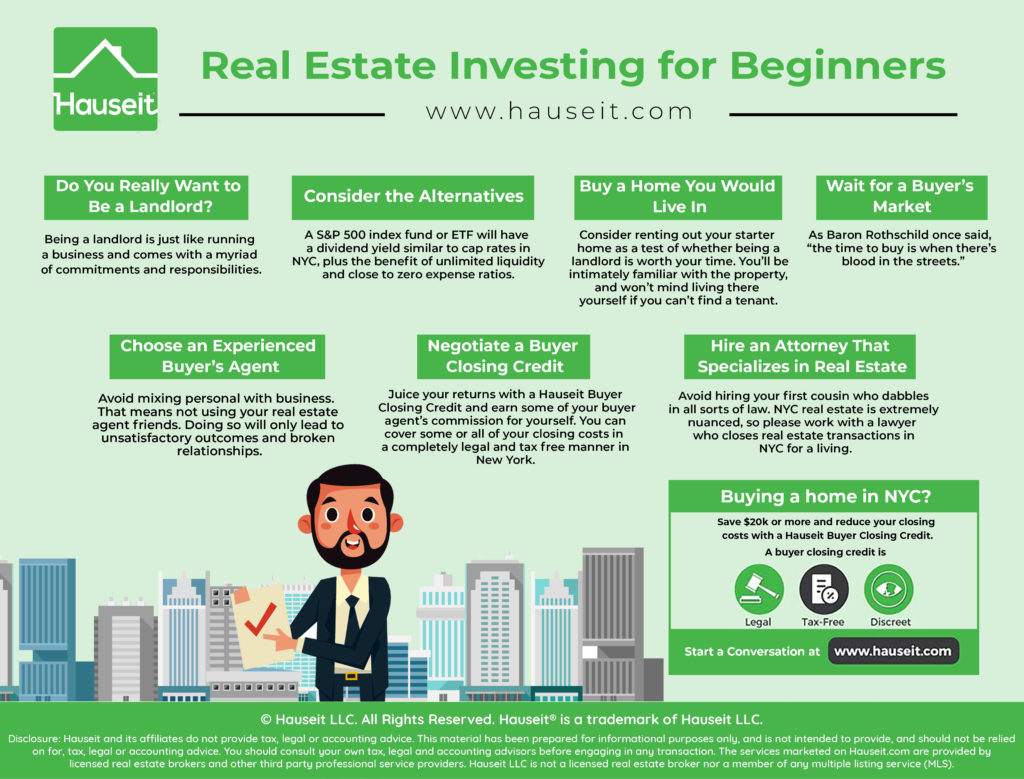The Ultimate Guide To Obtaining A Real Estate License
In the United States, the real estate industry is a thriving market that offers a wide range of career opportunities for individuals who are passionate about property and helping others find their dream homes. To become a licensed real estate agent, one must complete a series of educational requirements, pass a licensing exam, and meet the necessary qualifications set by their state’s real estate regulatory agency. In this article, we will provide an in-depth guide on how to obtain a real estate license, the benefits of becoming a licensed agent, and the various career paths available in the industry.
Why Become a Licensed Real Estate Agent?
Becoming a licensed real estate agent can be a rewarding and lucrative career choice. With a real estate license, individuals can work in a variety of settings, including residential and commercial sales, property management, and real estate development. Licensed agents can also earn a significant income, with the median annual salary for real estate agents in the United States ranging from $50,000 to over $100,000.
In addition to the financial benefits, becoming a licensed real estate agent can also provide a sense of personal fulfillment and satisfaction. Agents have the opportunity to work with clients from diverse backgrounds and help them achieve their goals, whether it’s finding a new home, selling a property, or investing in real estate.
Educational Requirements
To become a licensed real estate agent, individuals must complete a certain number of hours of pre-licensing education courses. These courses cover a range of topics, including real estate law, ethics, contracts, and appraisal. The specific educational requirements vary by state, but most states require a minimum of 60-90 hours of pre-licensing education.
Some of the topics covered in pre-licensing education courses include:
- Real estate law and ethics
- Contracts and agreements
- Property valuation and appraisal
- Real estate finance and economics
- Residential and commercial sales
Licensing Exam
After completing the pre-licensing education courses, individuals must pass a licensing exam to become a licensed real estate agent. The licensing exam is typically administered by the state’s real estate regulatory agency and consists of two parts: a national portion and a state-specific portion.
The national portion of the exam covers general real estate concepts and principles, while the state-specific portion covers laws and regulations specific to the state. To pass the exam, individuals must answer a minimum number of questions correctly, which varies by state.
Qualifications and Requirements
To become a licensed real estate agent, individuals must meet certain qualifications and requirements, which vary by state. Some of the common requirements include:
- Age: Individuals must be at least 18 years old to apply for a real estate license.
- Education: Individuals must have a high school diploma or equivalent to apply for a real estate license.
- Background Check: Some states require a background check as part of the licensing process.
- Insurance: Some states require licensed agents to have Errors and Omissions (E&O) insurance.
Career Paths
With a real estate license, individuals can pursue a variety of career paths, including:
- Residential Sales: Helping clients buy and sell residential properties.
- Commercial Sales: Helping clients buy and sell commercial properties, such as office buildings, retail spaces, and apartment complexes.
- Property Management: Managing rental properties and handling tasks such as maintenance, repairs, and rent collection.
- Real Estate Development: Developing and building new properties, such as single-family homes, condominiums, and shopping centers.
- Appraisal: Providing valuations of properties for clients, such as lenders, investors, and government agencies.
Frequently Asked Questions (FAQs)
- Q: How long does it take to become a licensed real estate agent?
A: The time it takes to become a licensed real estate agent varies by state, but most states require a minimum of 60-90 hours of pre-licensing education and passing a licensing exam. - Q: What is the cost of obtaining a real estate license?
A: The cost of obtaining a real estate license varies by state, but most states charge a licensing fee, which can range from $50 to $500. - Q: Do I need a college degree to become a licensed real estate agent?
A: No, a college degree is not required to become a licensed real estate agent. However, having a degree in a related field, such as business or finance, can be beneficial. - Q: Can I become a licensed real estate agent if I have a felony conviction?
A: It depends on the state and the nature of the felony conviction. Some states may allow individuals with felony convictions to become licensed agents, while others may not. - Q: How much can I earn as a licensed real estate agent?
A: The amount of money a licensed real estate agent can earn varies depending on factors such as location, experience, and type of property sales. The median annual salary for real estate agents in the United States ranges from $50,000 to over $100,000.
Conclusion
Becoming a licensed real estate agent can be a rewarding and lucrative career choice. With the right education, training, and qualifications, individuals can pursue a variety of career paths in the real estate industry, from residential and commercial sales to property management and appraisal. By following the steps outlined in this article and meeting the necessary qualifications and requirements, individuals can obtain a real estate license and start a successful and fulfilling career in the real estate industry.
Remember, becoming a licensed real estate agent requires dedication, hard work, and a commitment to ongoing education and training. However, the benefits of a career in real estate, including the potential for high earnings and personal fulfillment, make it an attractive career choice for many individuals.
Whether you’re just starting out or looking to transition to a new career, becoming a licensed real estate agent can be a smart and rewarding decision. With the right mindset and support, you can achieve your goals and succeed in the exciting and dynamic world of real estate.
Closure
Thus, we hope this article has provided valuable insights into The Ultimate Guide to Obtaining a Real Estate License. We appreciate your attention to our article. See you in our next article!










Post Comment